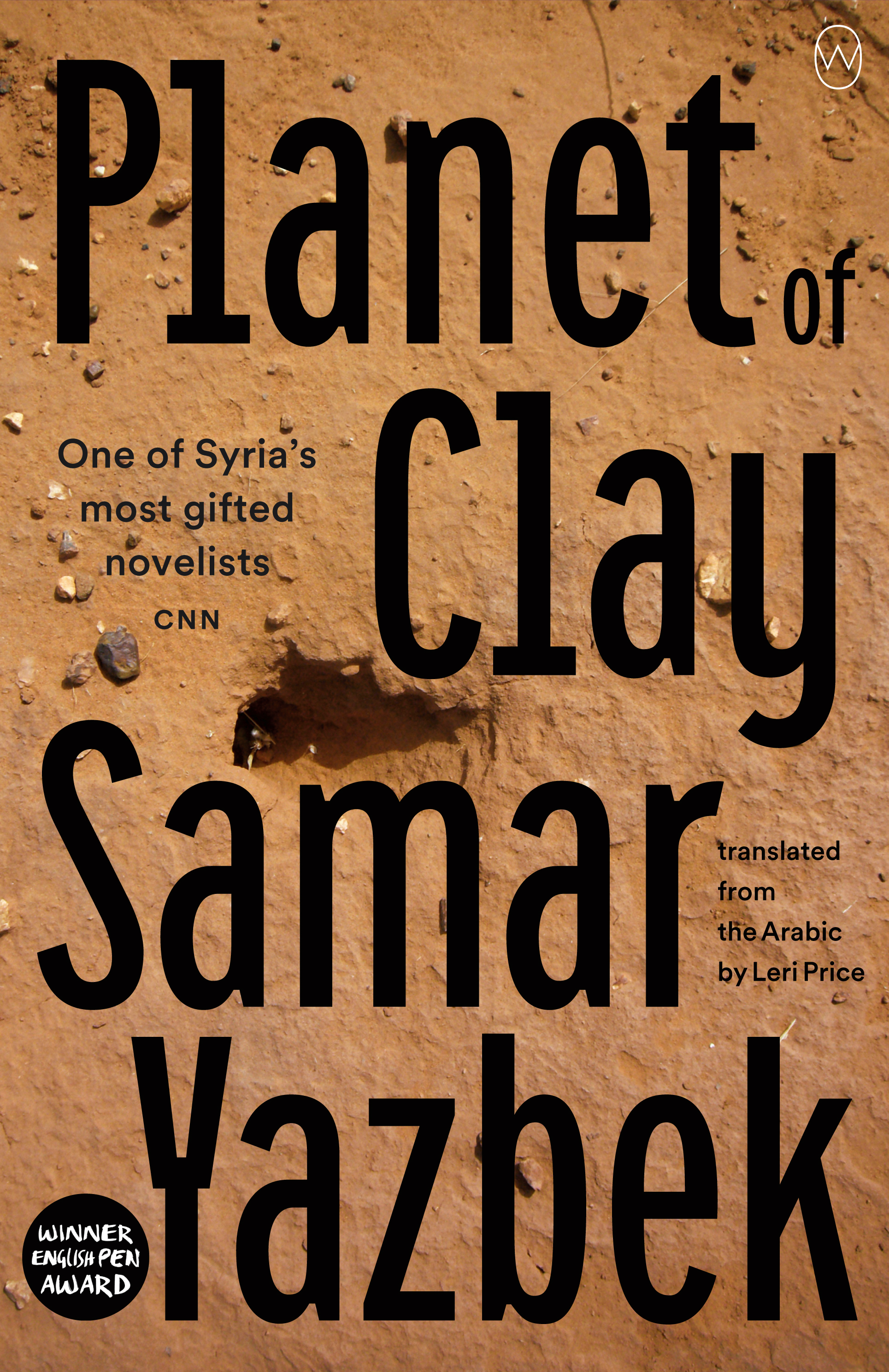What do you think?
Rate this book


314 pages, Paperback
First published September 7, 2021
’I pick up the blue pen which I found among the stacks of paper, and I begin. You must not set off before the sound has started. Don't stop unless you are faint from exhaustion, but it must be from exhaustion and not fear. If all this isn't done properly, I mean using the blue pen to play with words on a blank page, then my instructions will fail, the blank page won't like you, and the roar of the aeroplanes won't disappear.’
‘The planes dropped bombs on us that had poison gas inside, and these gases can penetrate clothing, and if someone is affected you have to take off their clothes so they won’t die. The women who had been treated had stayed in their clothes because the men said it was sinful for women to be uncovered in front of men, and Hassan was furious.’
We needed to take two buses to reach {my mother's job} from our house, which was at the end of Jaramana Camp in southern Damascus. I am happy for you if you haven't heard of it.
–and–
Personally, I turn over the coffee tray and make it into a desk, then I pick up the blue pen which I found among the stacks of paper, and I begin. You must not set off before the sound has started. Don't stop unless you are faint from exhaustion, but it must be from exhaustion and not fear. If all this isn't done properly, I mean using the blue pen to play with words on a blank page, then my instructions will fail, the blank page won't like you, and the roar of the aeroplanes won't disappear.
You will understand that I don't have enough time to explain to you about forgetting. Later, you can throw away whatever pages you want to. What matters to me is {the old caretaking woman} who wanted to understand how I knew how to use tartil in reciting the Qu'ran. Really, it was difficult to explain to her, because my tongue was stopped, and like {her} I don't understand much of what surrounds me.
–and–
I am a story, I too will disappear (or maybe I am with you now as you read my scattered words) like the Cheshire Cat did in the story of Alice.
"I don't know how I will finish this story because it all happened so quickly. It seems that while I am telling you these little stories, I am spinning round in intertwining circles, and every circle I go into has a new circle inside, and causes me to lose track of the previous one. All the things and events and everything that is happening and has happened in my life happens quickly."